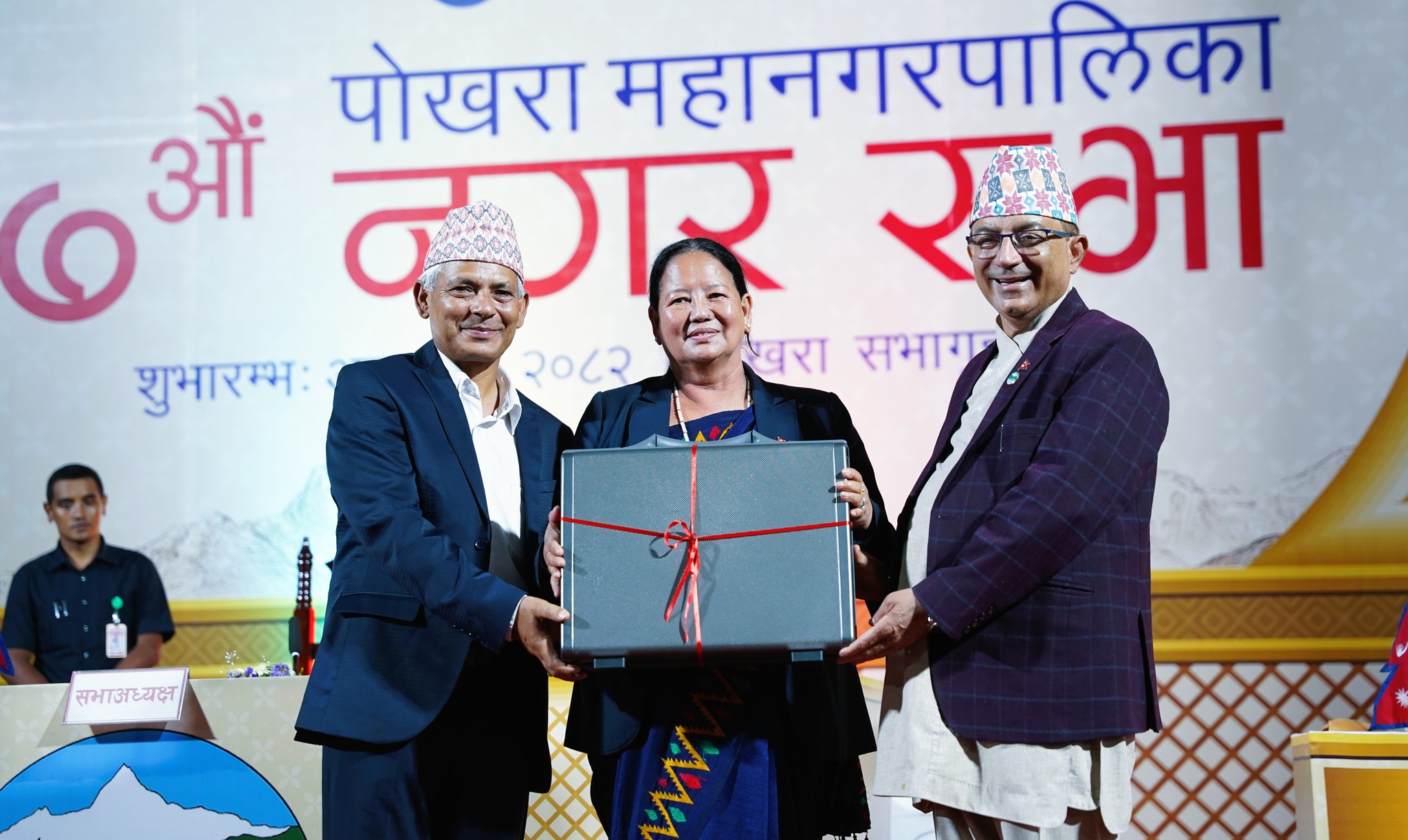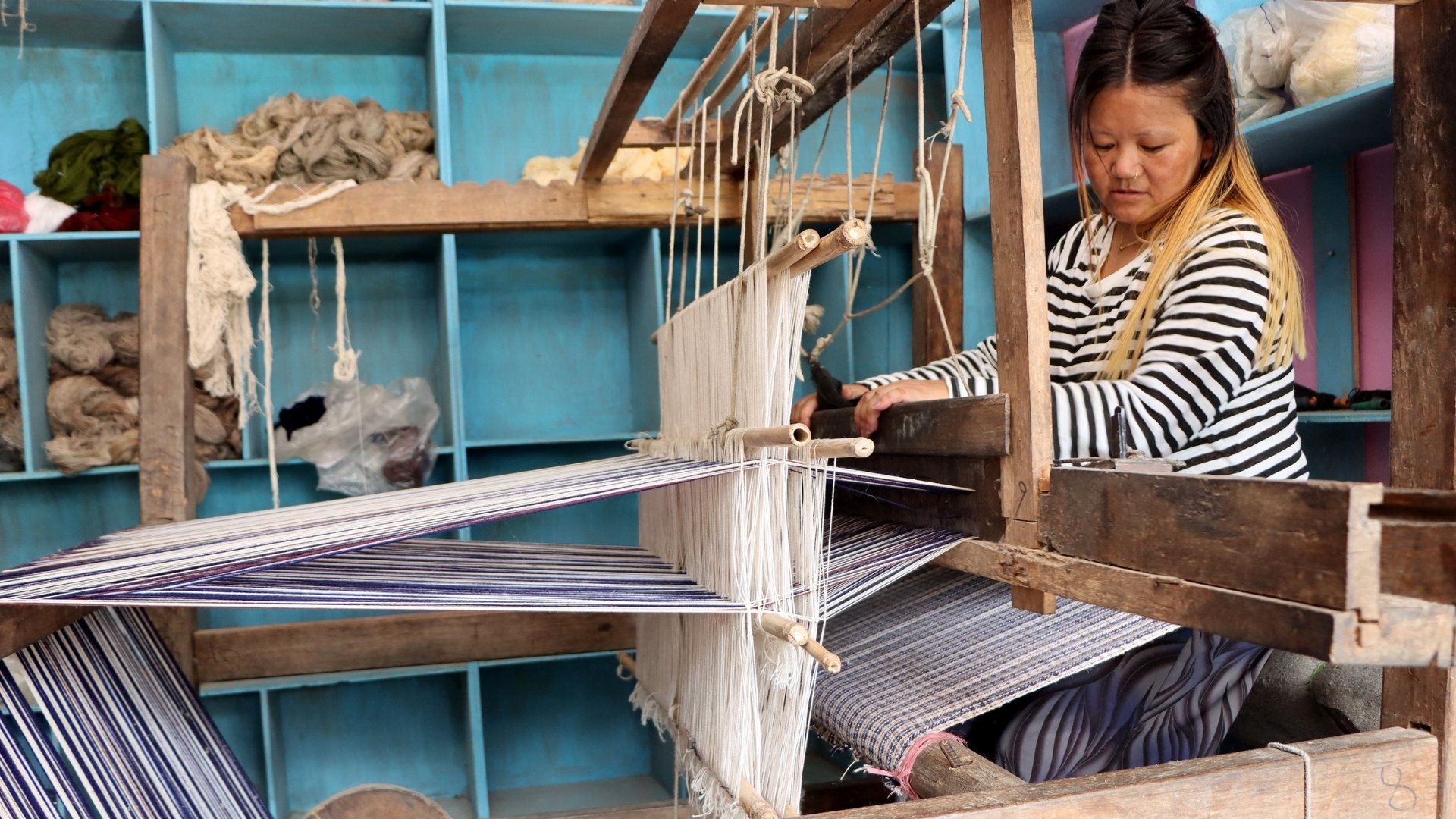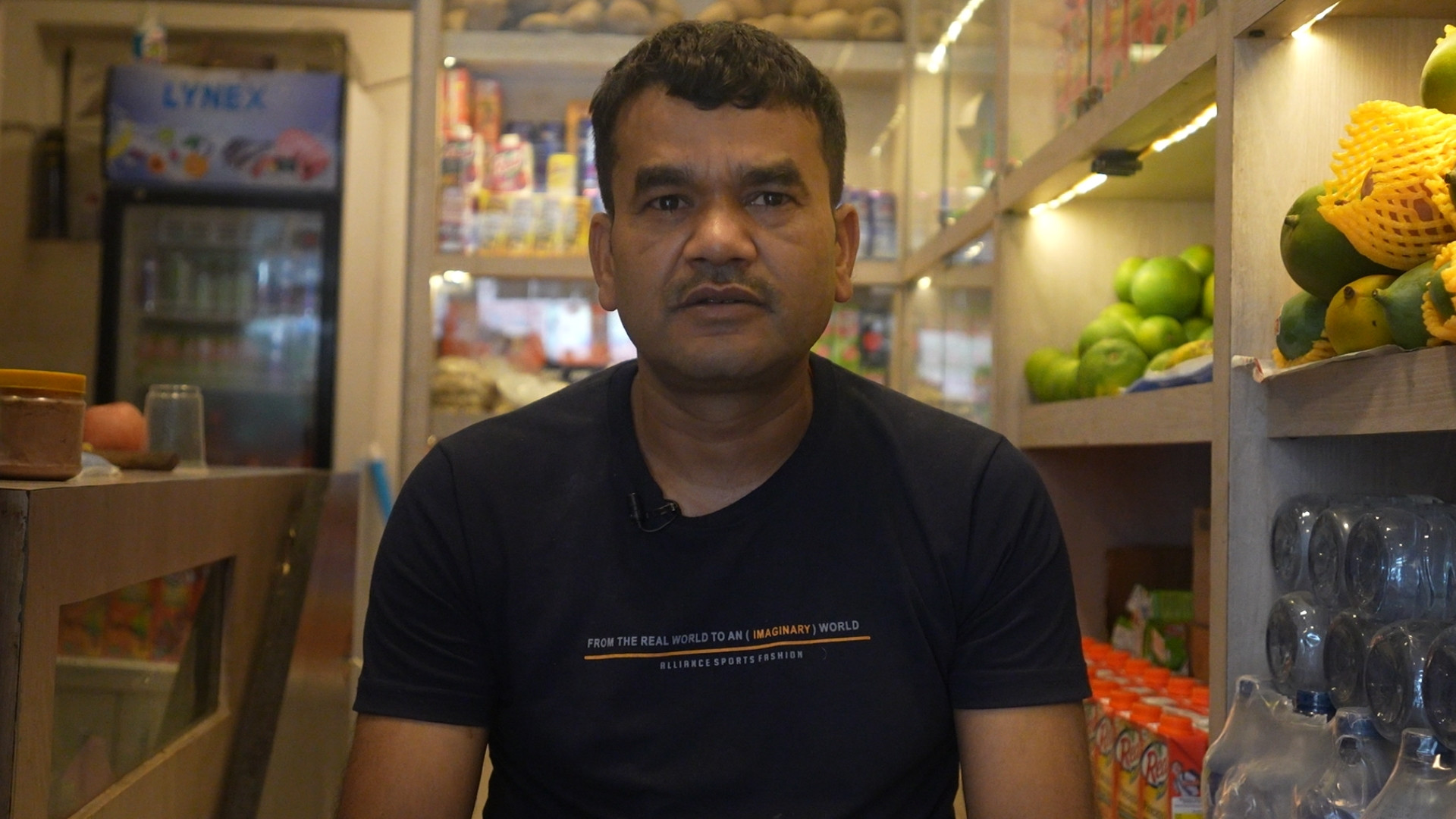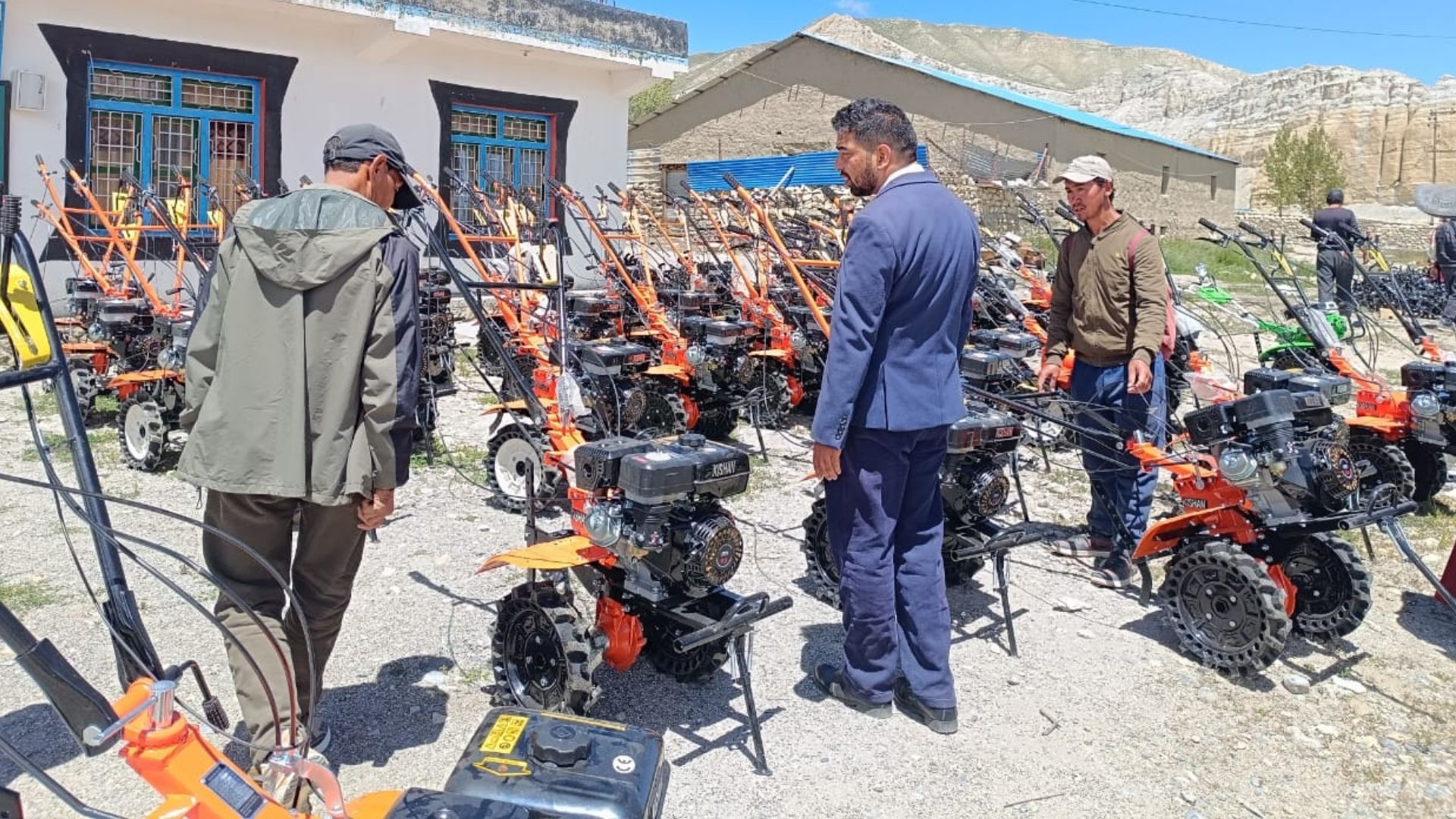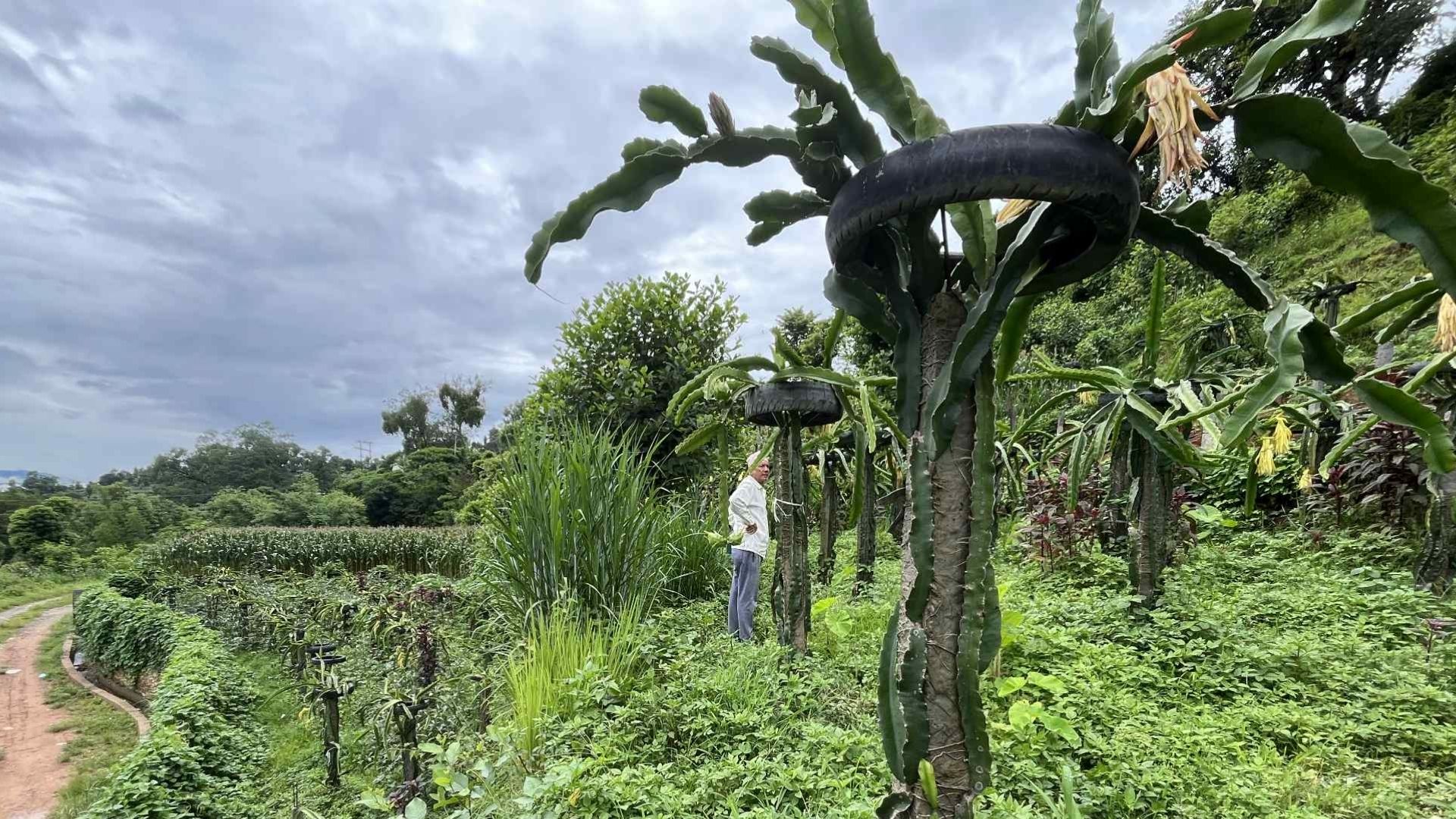The Pokhara Metropolitan City has announced that it will provide production-based incentives to farmers.
According to the annual policy and program for the fiscal year 2082/83 BS (2025/26), the metropolitan aims to enhance self-sufficiency in agriculture and livestock production, strengthen food security, and increase farmers’ incomes by offering incentives tied directly to production levels.
In line with the concept of “Increased Production for Metropolitan’s Prosperity,” Mayor Dhanaraj Acharya stated that agriculture will be modernized, specialized, diversified, and commercialized.
The policy further outlines that land will be categorized as per the Land Use Act and Regulations, while ensuring land availability through the land bank. A 50% interest subsidy will be provided on agricultural loans to stimulate investment.
Under the campaign “Let’s Turn Barren Land Fertile and Green,” cluster farming of winter crops such as wheat, mustard, potato, spring paddy, and watermelon will be promoted. Mayor Acharya also mentioned plans to expand irrigation facilities within the city using drip systems, plastic ponds, lift irrigation, canals, and pipe irrigation systems, ensuring reliable and collective year-round access to water, thus increasing crop intensity.
In collaboration with fruit development projects, the cultivation areas for fruits such as oranges, lemons, macadamia nuts, and avocados will be expanded. A digital agriculture system will be adopted for effective agricultural outreach, communication, and technology use. Agricultural and veterinary technicians will be deployed in key production zones.
Mayor Acharya also highlighted that the registration of farmers will be conducted as a campaign and integrated with service delivery. To promote sustainable agriculture, organic farming pockets will be established, with a focus on eco-friendly urban farming.
To maintain the biological quality of the soil, the production and use of organic fertilizers will be promoted. The use of chemical fertilizers and pesticides will be regulated to protect human health and biodiversity.


